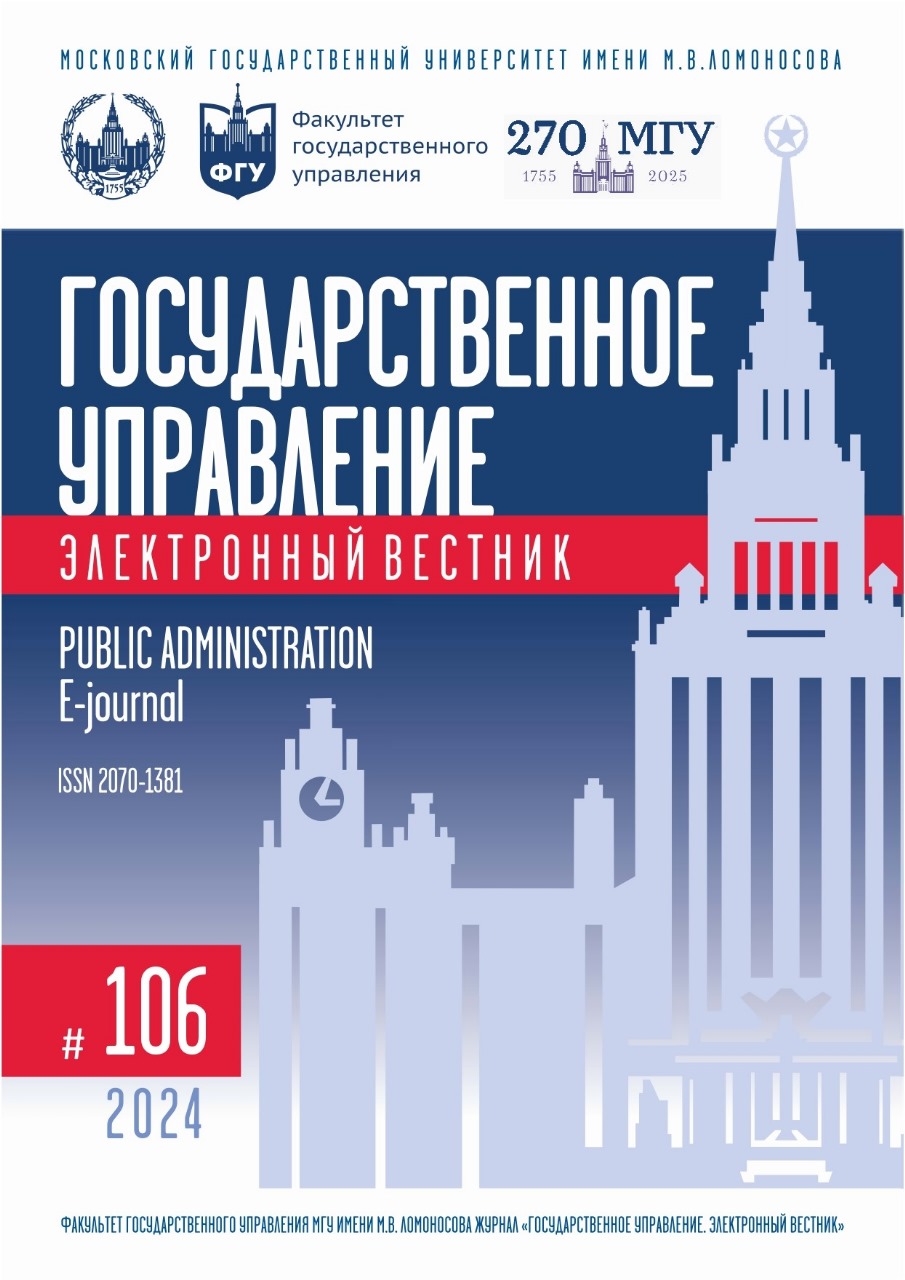Adaptation of Russian Automotive Industry to the Impact of New Sanctions
Keywords:
Automotive industry, sanctions, adaptation, New institutional economics, property regimes.Abstract
One of the major industries significantly affected by the new sanctions is the Russian automotive industry. The withdrawal of Western brands, restrictions on the import and maintenance of foreign cars and their components already imported into the country, as well as the curtailment of car production in Russia have significantly changed industry and market structures, accelerated price growth and led to a change in the characteristics of products on the market towards their technical simplification. The research methodology is based on statistical analysis and comparison of discrete institutional alternatives. Using the methods of the new institutional economics, the main directions for adapting business models in the Russian passenger car industry to sanctions restrictions were identified. In particular, special attention is paid to the specifics of international transactions in the context of sanctions. Based on the analysis of the process of changing business models in the market, it can be concluded that current changes only partially compensate for the impact of sanctions, but at the same time create restrictions for the long-term development of the domestic car market, undermining incentives for technological improvement of cars on the market. Moreover, current measures can have a significant negative impact on consumer welfare, provoking an increase in the volume of unsatisfied demand. To solve this problem, it is advisable to adjust the state regulation of the domestic automotive market. In particular, it is advisable to ease foreign trade restrictions (including reducing the size of the recycling fee for cars) and review the import substitution policy in terms of providing the automotive industry with technologically sophisticated components.
References
Симачев Ю.В., Федюнина А.А., Светова В.А. Россия под санкциями: теневая экономика — фактор гибкости? // ЭКО. 2023a. №10. P. 30–47. DOI: 10.30680/ECO0131-7652-2023-12-30-47
Симачев Ю.В., Яковлев А.А., Голикова В.В., Городный Н.А., Кузнецов Б.В., Кузык М.Г., Федюнина А.А. Адаптация российских промышленных компаний к санкциям: первые шаги и ожидания. М.: Издательский дом НИУ ВШЭ, 2023b.
Федоров С.И. Влияние политической власти на модели отраслевой организации: институциональный подход // Общественные науки и современность. 2023. № 1. C. 101–120. DOI: 10.31857/S0869049923010070
Федюнина А.А., Симачев Ю.В. Устойчивость российских компаний в цепочках создания стоимости к санкционному шоку // Журнал Новой экономической ассоциации. 2023. № 3(60). C. 180–187. DOI: 10.31737/22212264_2023_3_180-187
Шаститко А.Е., Федоров С.И. Человек в меняющемся мире: как координировать индивидуальные планы? // Вопросы экономики. 2023. № 7. С. 50–80. DOI: 10.32609/0042-8736-2023-7-50-80
Foss N.J., Klein P.G. Organizing Entrepreneurial Judgment. A New Approach to the Firm. Cambridge: Cambridge University Press, 2012.
Foss N.J., Klein P.G., Lien L.B., Zellweger T., Zenger T. Ownership Competence // Strategic Management Journal. 2021. Vol. 42. Is. 2. P. 302–328. DOI: 10.1002/smj.3222
Hayek F. The Use of Knowledge in Society // American Economic Review. 1945. Is. 35. P. 519–530.
Henisz W.J., Williamson O. Comparative Economic Organization — Within and Between Countries // Business and Politics. 1999. Vol. 1. Is. 3. P. 261–277. DOI: 10.1515/bap.1999.1.3.261
Menard C. Hybrids: Where We Are? // Journal of Institutional Economics. 2022. Vol. 18. Is. 2. P. 297–312. DOI: 10.1017/S1744137421000230
Shastitko A., Golovanova S. Meeting Blindly… Is Austrian Economics Useful for Dynamic Capabilities Theory? // Russian Journal of Economics. 2016. Vol. 2. Is. 1. P. 86–110. DOI: 10.1016/j.ruje.2016.04.005
Williamson O.E. Comparative Economic Organization: The Analysis of Discrete Structural Alternatives // Administrative Science Quarterly. 1991. Vol. 36. Is. 2. P. 269–296. DOI: 10.2307/2393356
Williamson O.E. The Economic Institutions of Capitalism. New York: The Free Press, 1985.

